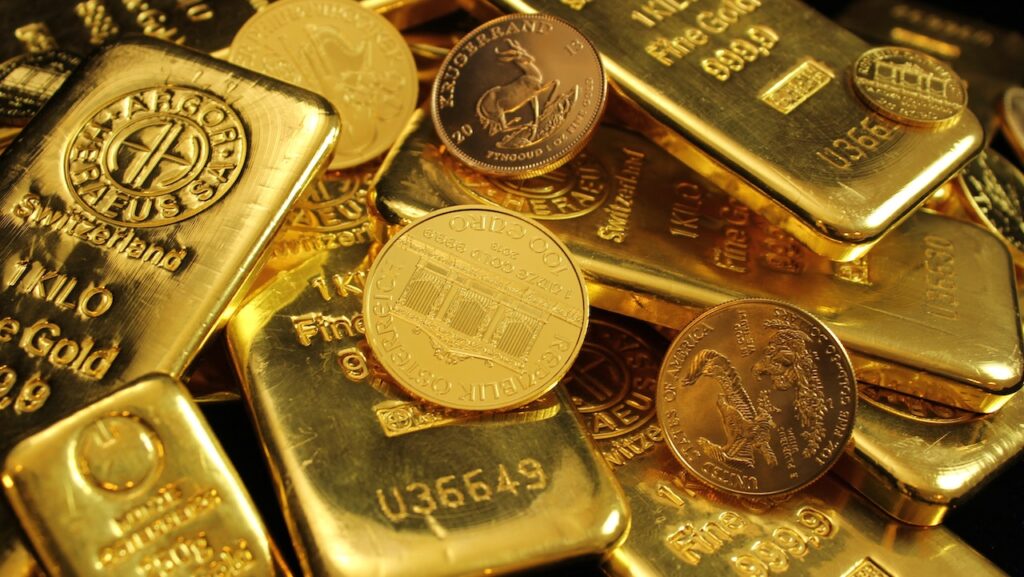by Peter Schiff, Schiff Gold:

Millennials are buying more gold than Boomers or Gen-X, according to a recent survey. But there’s a catch. Millennials are also more likely to invest in paper gold instead of physical metal.
According to the report by State Street, on average, Millennials have 17% of their portfolios allocated to gold. Boomers and X-ers lag with a 10% allocation on average.
About 88% of the investors surveyed who hold gold called it a long-term investment. More than 70% reported that gold boosted the overall performance of their portfolios.
TRUTH LIVES on at https://sgtreport.tv/
More than half of the respondents who currently invest in gold said they plan to increase their allocation in the next six to 12 months.
But digging a little deeper, we find that Millennials are also more likely to invest in gold Exchange Traded Funds (ETFs) instead of gold bars or gold coins.
Sixty-five percent of Millennials said ETFs were the best way to invest in gold compared to Boomers at 55%. X-ers are far more likely to invest in physical gold. Only 35% of Gen-X respondents said they thought ETFs were the best way to hold gold.
While ETFs provide exposure to the price of gold and can serve a similar role in a portfolio, owning shares of a gold ETF is not the same as owning gold.
ETFs are backed by physical gold held by the issuer and are traded on the market like stocks. They allow investors to play gold without having to buy full ounces of gold at spot price. Since their purchase is just a number in a computer, they can trade their investment into another stock or cash pretty much whenever they want, even multiple times on the same day. Many speculative investors appreciate this liquidity.
There are also gold mining ETFs that track the value of gold mining companies and also generally follow the price of gold. These are very popular with speculative commodity investors.
There are good reasons to invest in ETFs, but they aren’t a substitute for owning physical metal. In an overall investment strategy, SchiffGold recommends buying gold bullion first.
When considering gold-backed ETFs, you should always keep in mind that you don’t own the gold. Buying the most common ETFs does not entitle you to any actual amount of the precious metal.
Having physical metal in your possession is particularly important in the event of an economic meltdown. Think about it: what would you rather have in your possession during a crisis – a piece of paper, or a physical asset recognized as real money all over the world?
Gold-backed ETFs are prized for their liquidity and ease of transfer, but during a period of economic chaos, those characteristics would likely vanish. Crisis creates uncertainty. Panicked people won’t value paper that may or may not represent a tangible asset. But they will value physical metal that they can hold in their hands.
In the event of an economic collapse, barter could become an important means of conducting business. That’s exactly what happened in Greece during its economic meltdown. You can use gold coins and easily barter in an emergency. People all over the world recognize gold as money. It’s much less certain that you would be able to liquidate an ETF during a time of crisis.
Consider a case of a dollar collapse or hyperinflation. The rapidly rising price of consumer goods, from groceries to gasoline, would make day-to-day living very difficult. Even if you managed to liquidate your gold-backed ETF, the currency you pull out would rapidly lose value. Physical gold, in your hand, would be immune to the government’s printing press. In all likelihood, your gold would buy you the same basket of goods and services a month, or even a year later. The cash you pulled from your gold-backed ETF would likely purchase far less as time goes on.



